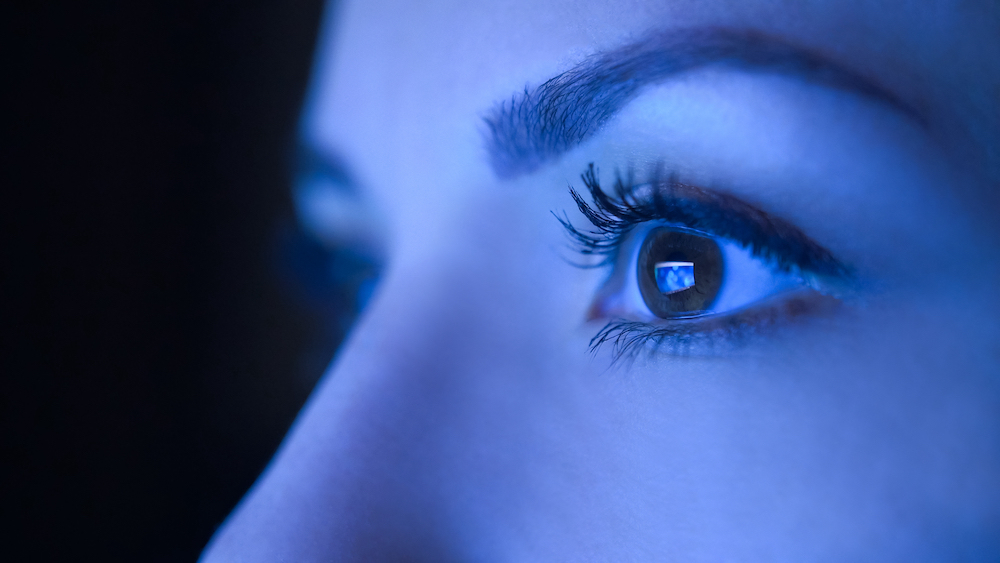
You are likely reading this article on a blue light-emitting device. With the increased number of people and time spent in front of digital screens nowadays, you should be cautious about the blue light getting into your eyes. Here is a closer look at the blue light and its effects on your eyes.
What Is It?
The modern world is pulsating with electromagnetic energy. The energy is around us and even engulfs us in waves. The waves are different in length, with the longest being:
UV (ultraviolet)
Radio waves
Infrared
Microwave
The shortest waves include gamma rays and X-rays. Blue light comprises high-energy waves that are slightly longer than UV waves but nearly as powerful. Professionals always warn against the harmful impacts of UV rays on your eyes and skin. High-energy blue light causes nearly as much damage.
What Emits Blue Light?
Like other colors of visible light, blue light is all around you. Even the sun produces blue light. So, do incandescent and fluorescent light bulbs. Because of the increased use of devices that utilize light-emitting diode (LED) technology, human beings now face more exposure to blue light than ever. Flat-screen TVs, laptop screens, tablets, smartphones, and laptop screens emit high levels of blue light.
Macular Degeneration and Blue Light
Age-related macular degeneration (AMD) is the top cause of loss of sight in individuals over 50 years. It is a condition when a structure in the rear end of your eye (macula) becomes impaired as you age.
As a result, you lose your central vision but can still use your peripheral vision. Studies have questioned if there is a link between AMD progression and blue light. Although there is no verifiable data, research is still ongoing.
Digital Eye Strain and Blue Light
Using digital devices over long periods and up close can result in digital eye strain. According to research, you tend to blink less than normal when using laptops, computers, and other digital devices. The fewer times you blink, the less your eyes get lubricated.
Digital eye strain can mean different things but is typically linked to the focusing system of your eyes. When blue light-emitting devices strain your eyes, you may notice the following:
Tired eyes
Dry eyes
Fatigue in your facial muscles due to squinting
Irritated or sore eyes
Headaches
Unlike most of the other visible lights, blue light scatters more easily. It makes it harder for the eyes to maintain focus when receiving it. The human eye will interpret blue light as poorly focused visual static.
Sleep and Blue Light
According to experts, blue light can disrupt your sleep cycles. When you experience exposure to blue light in the evening, your body may not release enough melatonin. This is also known as the sleep-inducing hormone.
It is because your body does not realize the day is ending due to blue light exposure. Sleep cycle disruptions due to blue light exposure can increase the risk of prostate or breast cancer. It can also cause certain metabolic changes, specifically in your blood sugar.
For more on the effect of blue light on the eyes, contact Special Eye Care at our Camp Springs, Maryland, office. Call (301) 298-3241 to schedule an appointment today.




